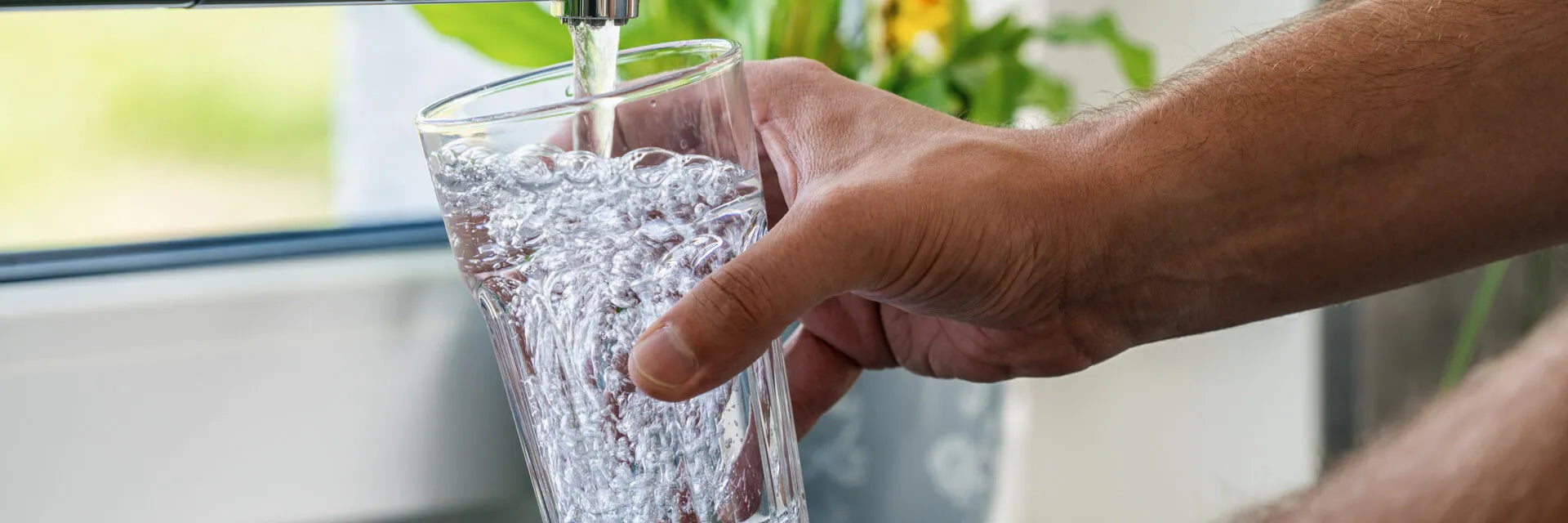Clean water is something that everyone should have access to, but that should never be taken for granted. Water Quality Month is a timely reminder of our individual responsibilities to protect the planet and the resources that we depend upon.
The quality of the water we drink is everything, and that is much more than variations in taste; polluted, contaminated water is harmful to the natural world as well as humans. While we depend on water companies to deliver quality drinking water, rivers and streams can all too often become polluted as a result of human activity.
The importance of cutting down on water pollution
As we are being encouraged to take a greener, more environmentally conscious approach to modern living, Water Quality Month wants to encourage a few simple steps to reduce water pollution and protect drinking water quality standards. These include:
Tips to reduce water pollution:
- Avoiding the use of pesticides and fertilisers as these get flushed into the water system
- Do not flush medicines down the toilet these pharmaceuticals head straight into the water system
- Avoid using household chemical cleaners, which again wash into the water system
- Do not tip paint or oil down the drain
- Stop buying single-use plastic
The pollutants affecting our water
While considering how to avoid accidentally polluting water, it is worthwhile to consider the pollutants that can affect water.
In developed countries, most contaminants are removed during the sanitation process ahead of the water being channelled into the mains supply. Disinfectant, usually chlorine or chloramine, is also added to the water to prevent any contamination as the water completes its journey to serve people's homes. Using a water filter allows families to remove that chlorine once the water has reached their home, as well as any other common contaminants that may be present.
In areas where there is a concern about drinking water quality standards, using a water filter is a sensible idea as it brings a guarantee of quality.
The major pollutants that can affect drinking water quality include:
Groundwater run-off - Agricultural groundwater run-off brings with it fertilisers and pesticides used to treat crops, as well as potential bacteria from animals grazing on the land. Even run-off from non-agricultural areas can be problematic washing oil from cars and bacteria from pet faeces into waterways.
Toxins washed into waterways - Paint, industrial pollutants, chemicals, and oil can all be washed into drains or even directly into rivers, causing a problem for aquatic life as well as the quality of the water.
Heavy metals - Rust and other debris can make their way into the waterway through old pipes, porous rocks, and discarded items and rubbish.
Microplastics - Research has found microplastics in drinking water and tap water as a result of plastic micro-particles being released from decaying plastic, as well as being washed into the system from plastic-based clothing.
The problems with polluted water
Untreated water can also contain cysts such as cryptosporidium, which can cause stomach illness. If not removed from drinking water, many of these pollutants and contaminants could cause serious illnesses, including cholera, shigella, E. coli, and salmonella.
Presented with the results of a lack of care towards our waterways that feed our drinking water supply, it is patently obvious why we should all take care to protect the quality of our water.
Doulton believes everyone should have access to the best quality drinking water. Using a Doulton water filter will give you peace of mind about drinking water quality by removing up to 99.99% of common contaminants, as well as chlorine and microplastics down to 0.5 microns.
For tasty and clean water every day, on tap, find your Doulton water filter.
Want to learn more?
Discover the Doulton difference and find out how we could improve the taste and quality of your drinking water.
Alternatively, if you've got a question for us, don't hesitate to get in touch. Our team of experts are always happy to help.






